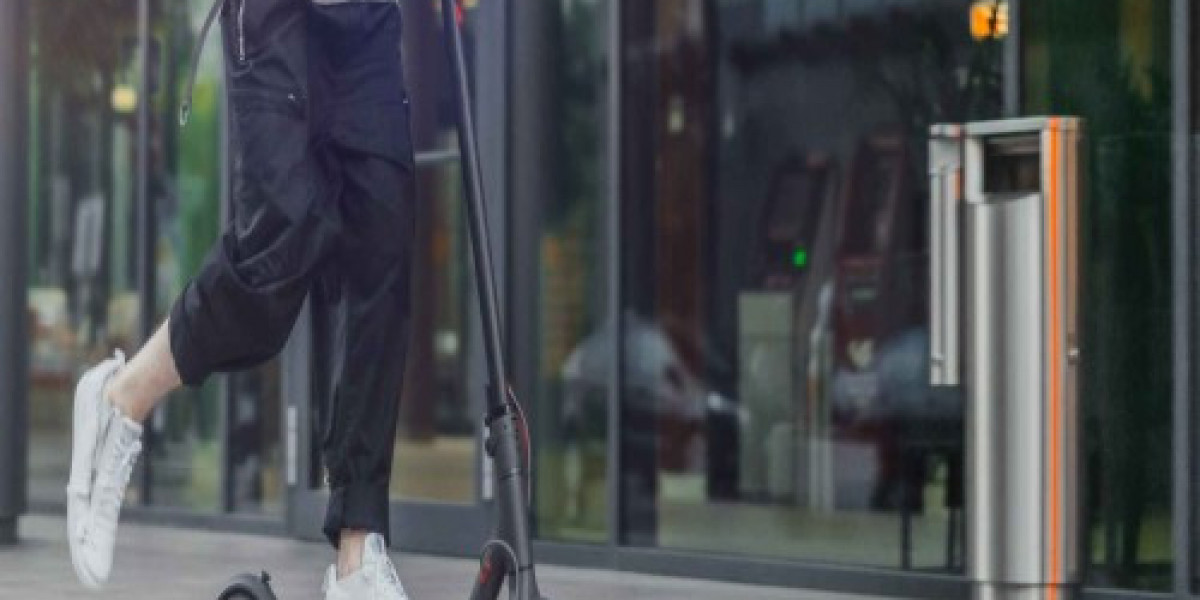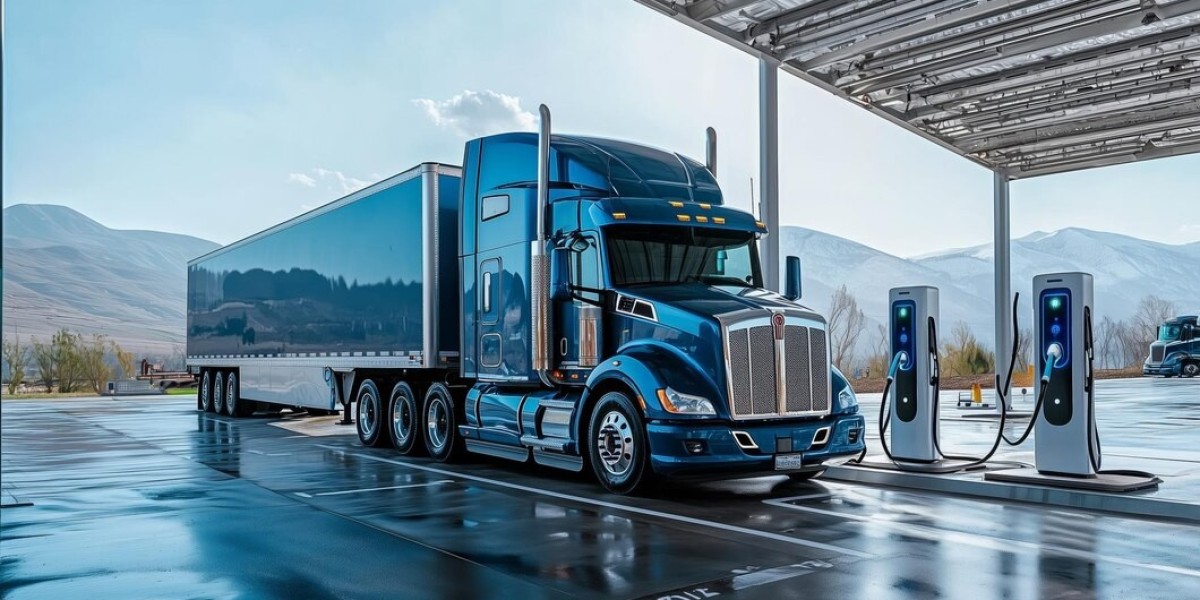The Early Days
When Scooter Ren was first starting out in 2017, founder Ren Chen had a simple goal - to make scooter sharing an affordable and accessible mode of transportation for cities around the world. With only a handful of electric scooters and a tech background, Ren launched initial pilot programs in San Francisco and Portland to test the feasibility of their "dockless" scooter model.
The early pilots faced plenty of pushback from residents and local authorities over issues like improperly parked scooters blocking sidewalks. But Ren was convinced that with the right technology and community outreach, scooter sharing could be a convenient new option for "the last mile" of trips. Over the next year, Scooter Ren continued expanding to more cities while improving their mobile app and geofencing capabilities to help address safety and parking complaints.
Building Partnerships in New Markets
Scooter Rental had proven successful in the initial pilot cities, Scooter Ren began rapidly expanding operations across the US and internationally. A major factor in their growth was forging partnerships with local governments, transportation agencies and urban planning organizations. Scooter Ren worked closely with these stakeholders to develop permit frameworks, start community education programs and collect valuable data on micromobility usage patterns.
By 2019, Scooter Ren had deployed fleets in over 100 cities globally through careful collaboration. This included European cities like Paris, Berlin and Brussels where local authorities were more open to embracing innovative mobility options. Scooter Ren also gained a foothold in Asia with rollouts in Singapore, Hong Kong and several large Chinese cities. Their community focused approach paid off by earning social acceptance for dockless scooters where others had faced resistance.
Fleet Expansion and New Product Lines
With a proven model established, Scooter Ren was then able to scale up operations considerably. By 2020, their global fleet size had grown to over 500,000 scooters with daily ridership in the millions. This rapid growth required even more manufacturing and logistics capabilities to keep up with demand. Scooter Ren opened their own production facilities for custom designing and assembling scooters tailored to different international markets.
In addition to standard kickscooters, Scooter Ren launched new product lines like electric mopeds and pedal-assist bicycles to broaden their mobility offerings. They also began integrating vehicles from acquired micromobility startups into unified rental systems available through a single app. All these expansions made Scooter Ren a full service provider of diverse "last mile" transportation solutions for urban areas around the globe.
Data and Technology Leadership
From the beginning, Scooter Ren identified data and technology as core strengths that would help scale their model. They invested heavily in developing sophisticated mapping, geofencing, and AI capabilities within their platform. This allowed for innovations like automated redistribution of idle vehicles, predictive demand forecasting, and personalized routing recommendations.
Scooter Ren also openly shared aggregated ridership data with city officials and planners. This information on trip origins/destinations, congestion hotspots, and emission reductions proved invaluable for long term transportation planning. Leading a "micromobilty revolution" through technical prowess elevated Scooter Ren as the clear global market leader.
Challenges on the Horizon
While Scooter Ren emerged as the dominant force, questions remain about the long term viability and regulation of dockless scooter services. As they become mainstream, issues like equitable access, rider/pedestrian safety, rebalancing costs and municipal subsidies will need addressed. There is also uncertainty regarding sustainability as vehicles have limited lifespans before requiring replacement or recycling.
Scooter Ren's continued prioritization of community input and cooperation with local authorities will be key to navigating these obstacles. How they innovate new business and revenue models, uphold strict operational standards, and integrate with public transit will determine if scooter sharing retains its momentum or fades as a trend. With Ren Chen's visionary leadership though, Scooter Ren is best positioned to help shape micromobility's role in shaping urban transportation for decades ahead.
About Author:
Priya Pandey is a dynamic and passionate editor with over three years of expertise in content editing and proofreading. Holding a bachelor's degree in biotechnology, Priya has a knack for making the content engaging. Her diverse portfolio includes editing documents across different industries, including food and beverages, information and technology, healthcare, chemical and materials, etc. Priya's meticulous attention to detail and commitment to excellence make her an invaluable asset in the world of content creation and refinement. (LinkedIn- https://www.linkedin.com/in/priya-pandey-8417a8173/)









